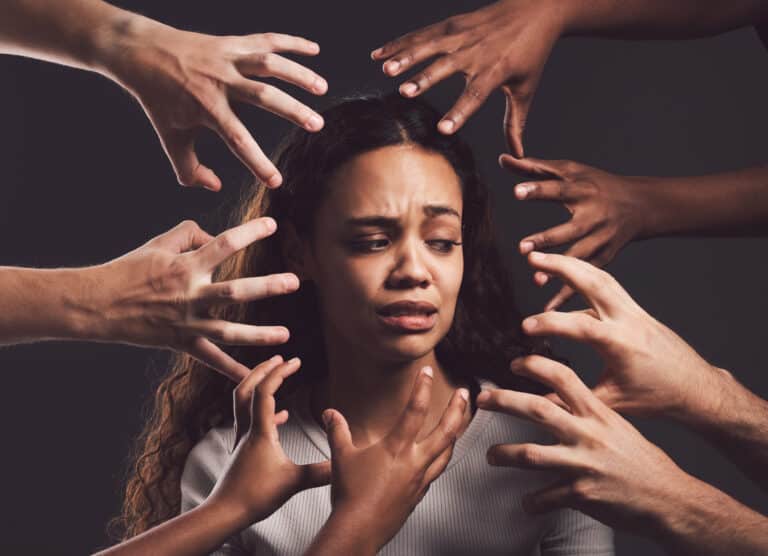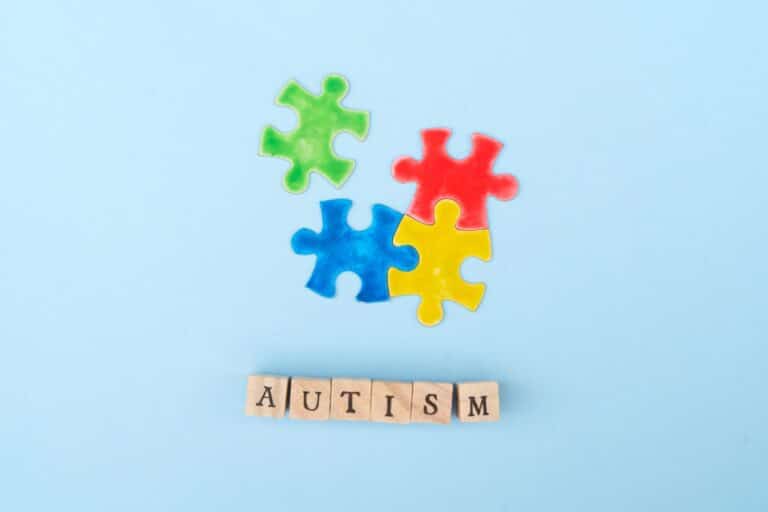When many people hear the term depressant, they believe that it must have something to do with depression. Depressants are widely used throughout the United States and the world. In some cases, these substances are used recreationally or for medical purposes.
Offering easy access and widespread usage, depressants can also create issues with addiction and struggles with mental health. Learn more about depressants, the types of substances, and the possibility of addiction to depressants.
What Are Depressants?
Depressants are substances that affect the central nervous system (CNS) in a person’s body and slow down various functions. These substances have applications to assist people and some common depressants are used recreationally by many people.
No matter the type of depressant used, there is always the danger of addiction because the substance works on the person’s CNS. If a doctor prescribes a depressant, the doctor has weighed the need for medication against the possibility of addiction.
However, the patient needs to be monitored for a growing dependency on the medication. Not everyone who uses depressants recreationally becomes addicted to them, but the patient needs to be cognizant of the potential.
Common Depressants
More than one substance serves as a depressant, and it’s essential to identify the various types. Since these substances depress the CNS, they all have the ability to become addictive even with casual use. Here’s a look at the most common forms of depressants used today:
Ethyl Alcohol
In the world, alcohol or ethyl alcohol is the most used depressant, and many people partake in this depressant as part of social activities or celebrations. While alcohol is legal in most places for people over a certain age, it comes with the risk of addiction.
According to a survey conducted by the National Institute of Alcohol Abuse and Alcoholism, in 2019, more than 85 percent of Americans over the age of 18 admitted to drinking at least once, while almost 70 percent said they had a drink in the past year. These numbers don’t reflect the use of alcohol by minors, but it also occurs in large numbers.
Benzodiazepines
Benzodiazepines are a depressant that causes sedation and relaxes the muscles, and it’s used in a variety of medical applications. This depressant is commonly prescribed by doctors under the names:
- Ativan
- Halcion
- Klonopin
- Valium
- Xanax
- And others
This depressant is commonly prescribed to treat medical conditions, such as:
- Anxiety
- Insomnia
- Panic disorders
- Seizures
- And more
However, like other depressants, benzodiazepines are addictive and can lead to an accidental overdose, especially when mixed with other drugs. Most patients receive a prescription from a doctor to help them sleep or relieve anxiety without understanding the addictive nature of the medication.
Barbiturates
Most people have heard of benzodiazepines as downers. This depressant is known for its euphoric feeling and relaxation effects, which they’re good at in small doses. Initially, in the 1970s, scientists hoped that benzodiazepines wouldn’t have the addictive properties of other depressants.
However, these hopes were quickly dashed as addiction and overdose deaths due to benzodiazepines began to rise. Also, this depressant has an adverse effect on the user’s rapid eye movement (REM) sleep. REM sleep is required to help a person feel well-rested and reap the benefits of sleep.
Common Uses of Depressants
Depressants are commonly used by prescription, and in the case of alcohol, by people old enough to enjoy it. Depressants can provide benefits to their users, but the person needs to be mindful that their use can lead to addiction and the possibility of an accidental overdose. Some of the most common uses of depressants include:
- As an ingredient in cooking
- Celebrations
- Social gatherings
- Some medical conditions including:
- Anxiety
- Insomnia
- Panic disorders
- Seizures
- And more
If a person has been prescribed a depressant by their doctor, they should follow all included instructions and cease using the medication when advised by their doctor to do so.
Signs of Depressant Addiction
There will be signs of this dependency after someone takes a prescribed prescription too long or becomes dependent on alcohol. Some of the most common signs that someone might notice are:
- Lower than normal blood pressure
- Lower heart rate
- Depression
- Slowed breathing
- Slurred speech
- Inability to perform normal activities
- Frequent confusion and disorientation
- Poor coordination
- Lying to family members
- Frequent short-term memory loss
- Dizziness
- Withdrawal symptoms when not using the depressant that includes:
- Increased blood pressure
- Hallucinations
- Sweating
- Irritability
- Seizures
- Rapid heartbeat
- Shaking
The withdrawal symptoms of depressants, especially alcohol, are obvious to many people and require immediate treatment.
Common Treatments for Depressant Addiction
When someone believes that they’re struggling with an addiction to depressants or alcohol, they need to seek treatment. It’s always best for them to start by discussing it with their doctor. In some cases, the person might need to be hospitalized while they go through withdrawal for their safety and well-being.
To overcome depressant addiction, the person will need to participate in therapy to help them identify and deal with the reasons for their addiction. This can be accomplished in both an in-patient and out-patient setting, depending on the recommendations of their therapists and doctors.
How to Get Help
As with almost any kind of addiction, the first step is reaching out to a medical provider or therapist and asking for help. The patient will need to undergo detoxification to stop using the depressant as a first step, and this might require inpatient treatment to mitigate the worst of the withdrawal symptoms and ensure the patient’s overall health. After the drugs and alcohol are out of the person’s system, they’ll begin therapy to give them the tools to avoid a relapse.
Depressant Addiction Treatment
Southern California Sunrise Recovery Center is prepared to help someone who is struggling with addiction to depressants reclaim their lives. Our dedicated team brings years of experience dealing with addiction and recovery. Reach out to us today to learn more or schedule an appointment.






